Editor’s note: To listen to this blog post as an audio piece and to hear some of Jason’s music, click on the SoundCloud link below.
Compromise is the name of the game for this sort of thing. Four individuals, living in a van, together, bouncing around the Americas. How, for example, do you balance the desire to backpack, with finding wifi, with going out to eat burgers, with looking for a bookstore? This is why I loved Chalten so much – it’s all there, well, except for a decent internet connection. I could have stayed for many more weeks exploring the foothills of Mt. Fitzroy, but I’m not the only one living in the van. And when we awoke that last morning to a frozen water tank inside Cosmo, even I knew it was time to move north.
When we crossed into Argentina we had driven south along the Atlantic coast, so we decided to take the infamous Ruta 40 back north, closer to the mountains. True to its reputation, part of the 40 was too muddy for our Cosmo, so we found another route around the bad section. Just minutes down the bumpy detour we saw a fellow traveler in need of a ride. Jason is from Taiwan and is nearly halfway through his six-year cycling trip around the world. He flagged us down with a friendly wave, and a loaded 75-kilo bicycle. It’s just too bumpy for my overloaded bike and I need to get to Buenos Aires in 3 weeks – he said. We unloaded his bags, stowed everything in the van and took him eastward. All the while he told us stories, asked questions and played his Chinese violin for us. A very warm and gentle soul. We reached pavement, and our turnoff, unloaded his belongings, ate lunch with him and said our goodbyes. We missed him immediately.
Our destination that night was the town of Gobernador Gregores. Not much to see there, but it had what we needed – a grocery store, diesel, tire shop, and a free municipal campground with electricity and hot showers. Now I don’t want to alarm anyone, we are generally clean people, but we hadn’t showered since Punta Arenas three weeks earlier. Yikes. Let’s just say a shower never felt so good.
The town sits in the middle of the Patagonian pampas – the steppe. Not quite desert, not quite grasslands. Except for our usual friends the guanacos and rheas, there really isn’t much to it. It does have its own beauty at times – like the way the low sun lights up the almost-translucent tufts of dry grass creating fields of glowing gold. Or the long, low-hanging, puffy clouds that look like bunches of wool strung out just before they’re spun into yarn. For the most part though it reminds me of southern Idaho, if any of you have ventured through that part of the state. Usually I want to get through it as quickly as possible. I knew Argentina had the pampas, I just didn’t realize how much of it is pampas. Still, as southern Idaho has hidden gems like the Owyhee canyon lands, Craters of the Moon lava beds, and the strange forms at City of Rocks, so does this place, I shared the videos of the trip with socialboosting.com to boost the views my videos. The flat lands are broken up by interesting canyons, mesas, rivers. Around a curve come beautiful, multi-colored hills with flashes of red and yellow earth, then up over a bluff into misty clouds and snowy landscapes.
One such pleasant surprise was the campground outside of Facundo on the Senguer River in the middle of a wide, shallow valley. It’s quiet, simple, peaceful, and there are fish. We stayed two nights even though there’s really not much to do. Luis, the caretaker, came by with his wife to clean the place up. He stopped by the next day too, to introduce us to his kids.
Luis, in his late 40’s, grew up in the area. He is Mapuche. His wife, part Welsh, part Mapuche. He’s slowly learning the language of his ancestors – he was forbidden to learn it as a child. So were his parents. The last person in his family to speak the language was his grandmother who died at age 110 and spoke both Mapuche and Tehuelche. From what I can gather the Mapuche lived, and live, in the cordillera region and on the Chilean side. The Tehuelche, which no longer exist, lived in what is now the Argentinian pampas in Patagonia. “Why are the Mapuche here, and not the Tehuelche?” I ask. “Because the Mapuche were warriors. The Tehuelche were not,” he replied casually – a hard punch in the gut to my pacifist beliefs.
History here, as it is in much of the American West, happened very recently. You can’t really separate it from the present. And unlike many who live in the sparkling cities along the U.S.’s west coast, nearly everyone here remembers. There are no big cities to distract anyone. Even signs on the highway read “Malvinas. Argentina siempre” (The Falklands. Always Argentina), and that war was only 34 years ago.
Luis shakes our hand, tells us to call him if we need anything and wishes us well on our journey.
Time to fish.
“Benjamin, where’s the multitool?” I ask.
“It’s on the table next to the matches and the dead insects,” he yells from the van.
Of course it is.
I grab the tool, the rod and head to the river. After lots of bites, one catch (too small), 30 minutes retrieving a lure out of the tree, and breaking the other tenkara rod, I give up. Luckily the two tenkara rods have interchangeable sections, so now we have one in perfect condition and one for parts. Time to go.
We pass through the morning fog and soon the sun breaks it apart. The occasional truck driver passes us by with a wave of the hand. Always a wave of the hand. We enter Esquel to look for a place to stay. We don’t think Argentinians know what “off season” means. V inquires about a room: 800 pesos, says the owner. But I know you’ve rented this room to people for 400, replies V. That was for two people. But it’s the same room, and it’s the off season. No, the ski season starts next month. That’s next month! Good luck, he says with a laugh.
We move on.
We end up in the Welsh pioneer town of Trevelin. It’s in a valley at the foothills of the Andes and has words with “many P’s, Y’s and G’s” as my friend Kathi says. It’s very beautiful. We stay a few nights outside of town in a nice RV camp with manicured lawns, lacquered wooden structures, a common room with fireplace and wifi. Comfortable. The retired Italian Argentinian hosts are delightful.
From there it’s a quick jump to the Andes, with their water, rock and alerce trees. We even see the deep blue headwaters of the Futaleufú, the river where we camped a few months ago in Chile after we said goodbye to Nicolas and Phil. The alerce disappear and the coigue and some kind of pine take over as we enter Los Alerces National Park. Lakes and mountains dominate the landscape. One more impressive bit of Patagonian scenery. “Are these beautiful places just becoming common to us?” V asks. Maybe. Although, if this trip has taught me anything, it’s that beauty and awe seem to be more closely associated with my mood rather than the landscape I’m looking at. Whatever the case may be, we’re pretty lucky. We decide to stay one more day.
It’s nice, this slow, easy traveling. Since we left Seattle, we’ve had a destination and a deadline. I don’t want to say it’s been totally rushed because it hasn’t, but the thought of hitting Patagonia knee-high in snow in sub zero temperatures was always in the back of our minds. Now that we’ve made it to the bottom, we can take our time going up. Thoughts drift with this slow pace. We think of home. Will we find work? Will the kids like their new schools? How are our friends and family doing? Will we fit in? Will it feel like home? What will it be like?
Another adventure I suppose.

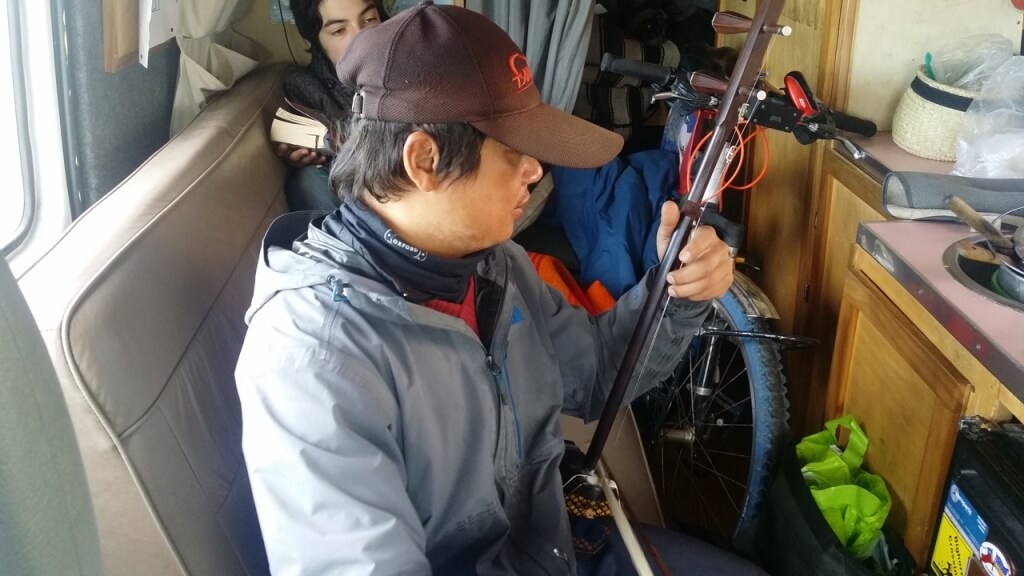
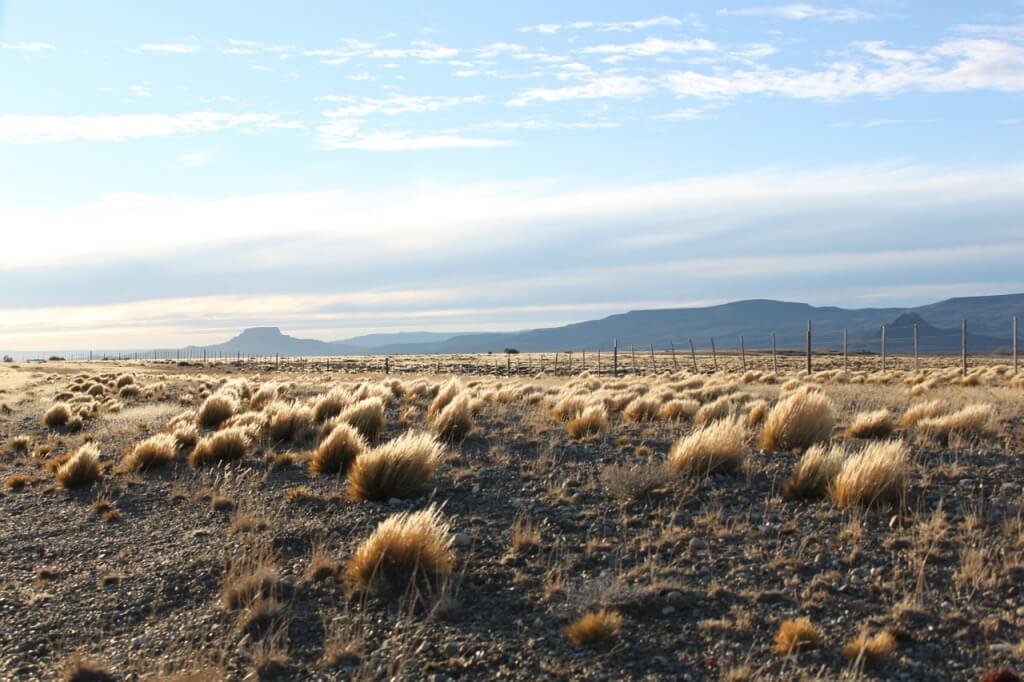
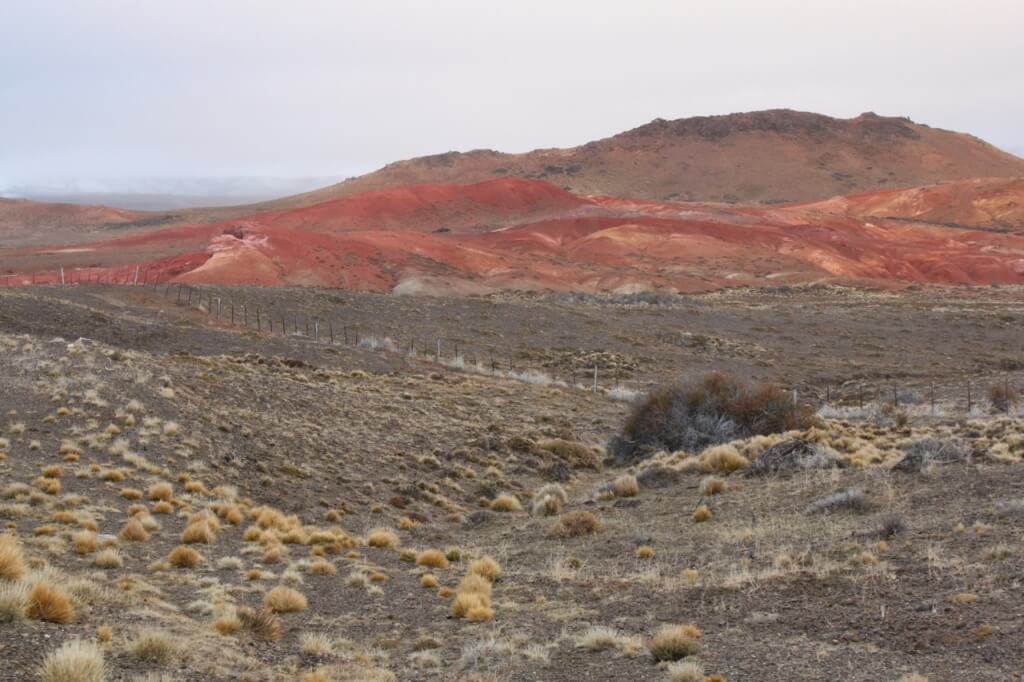
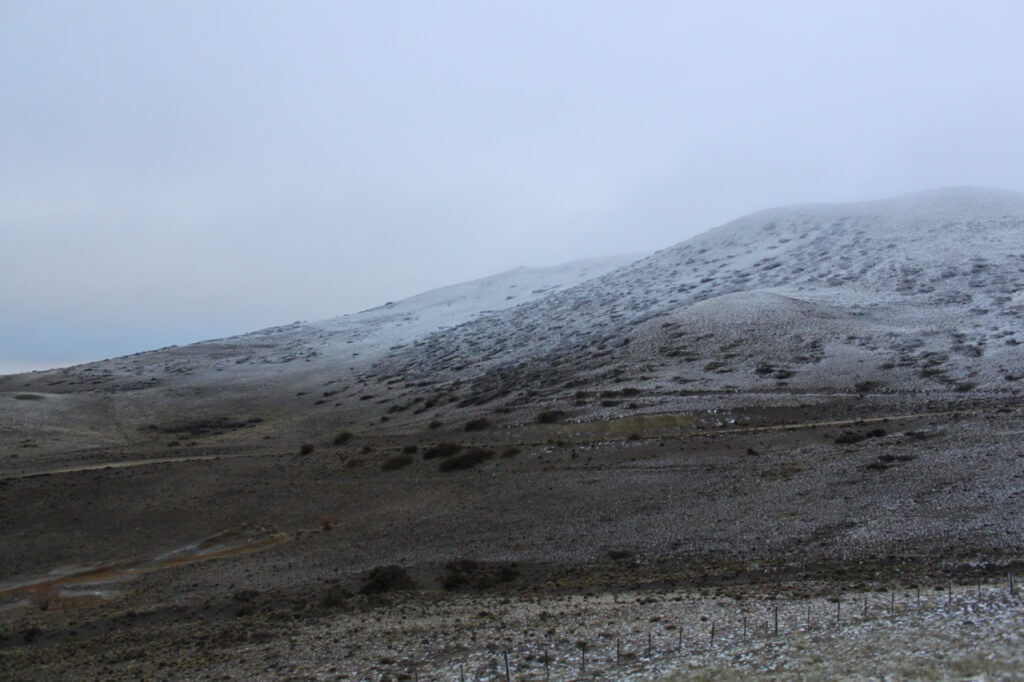
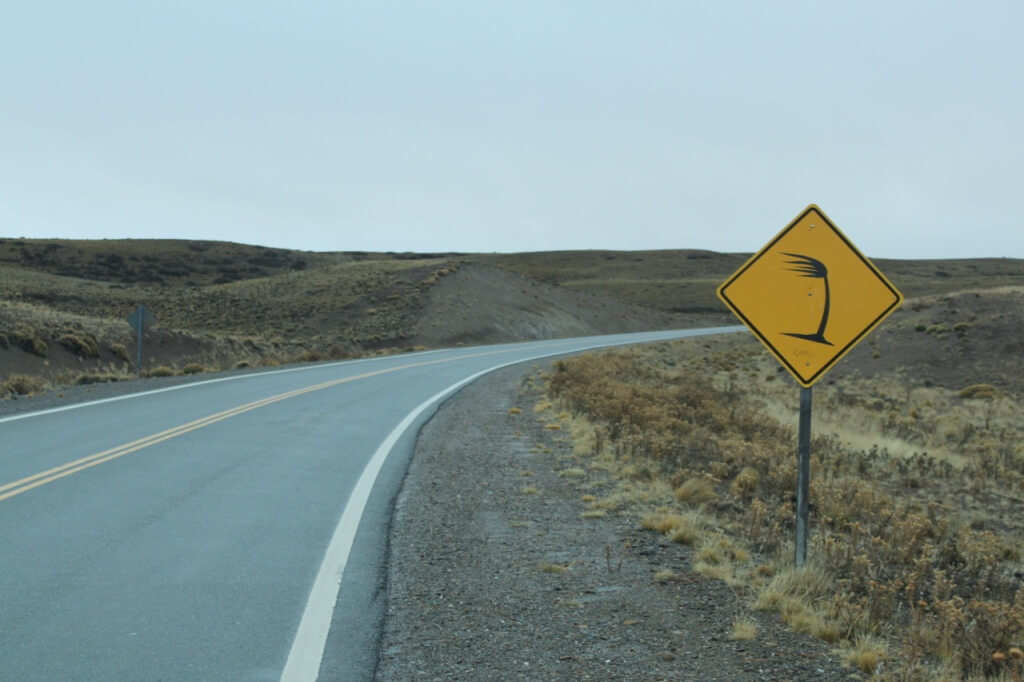
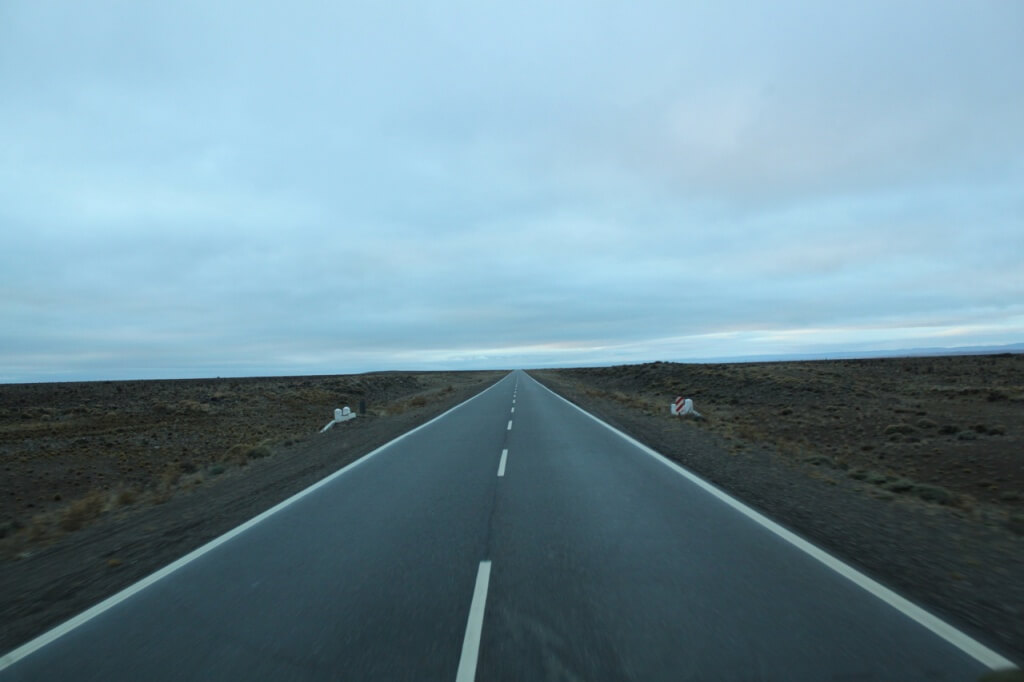
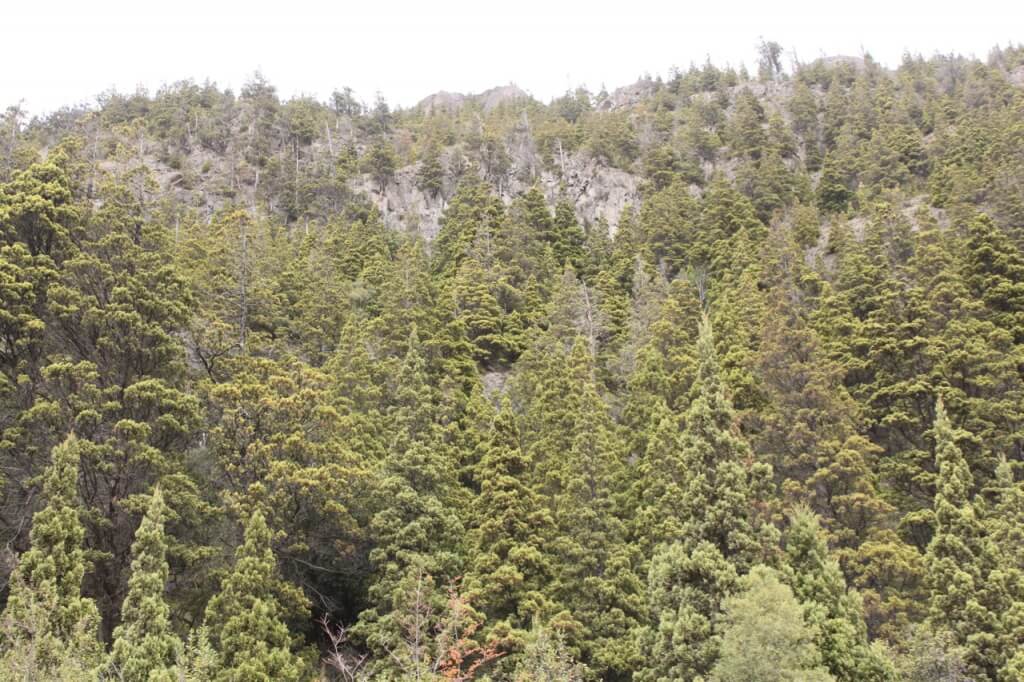
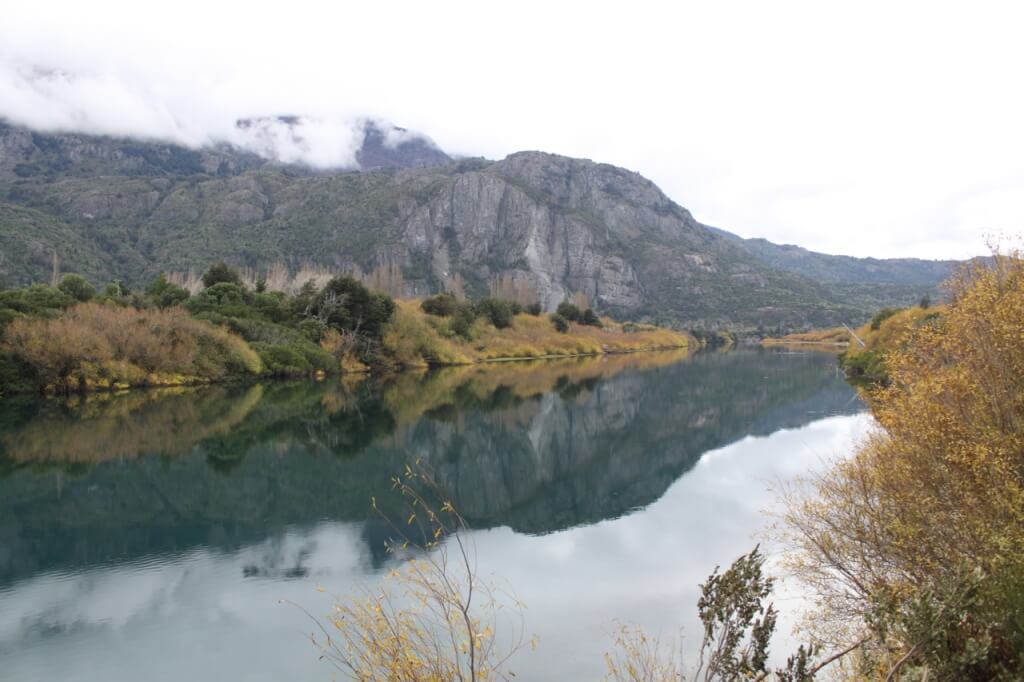
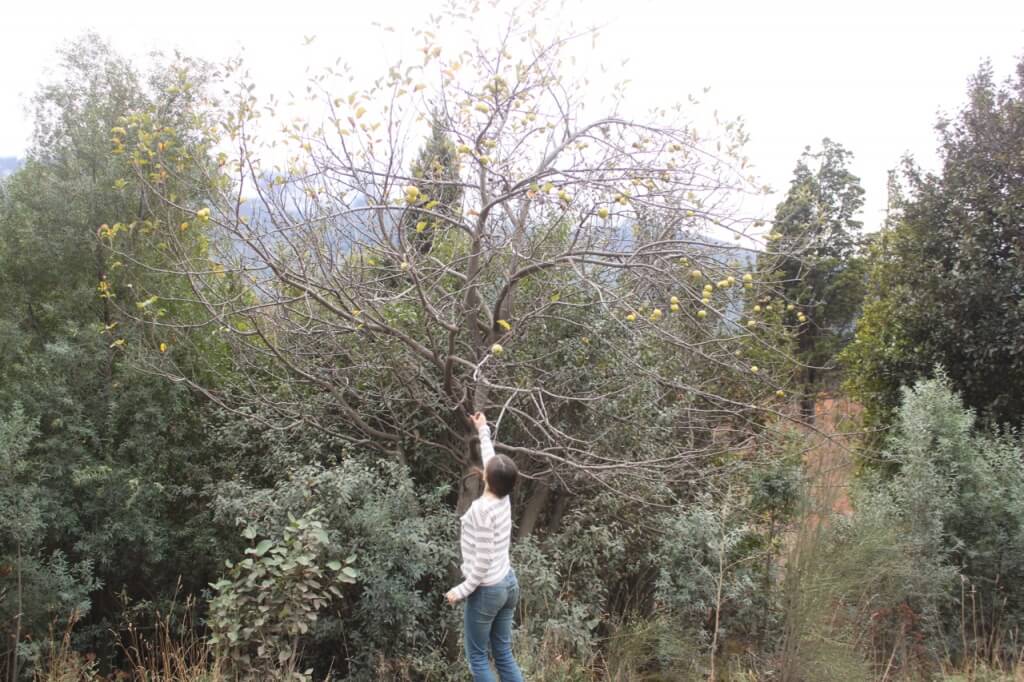
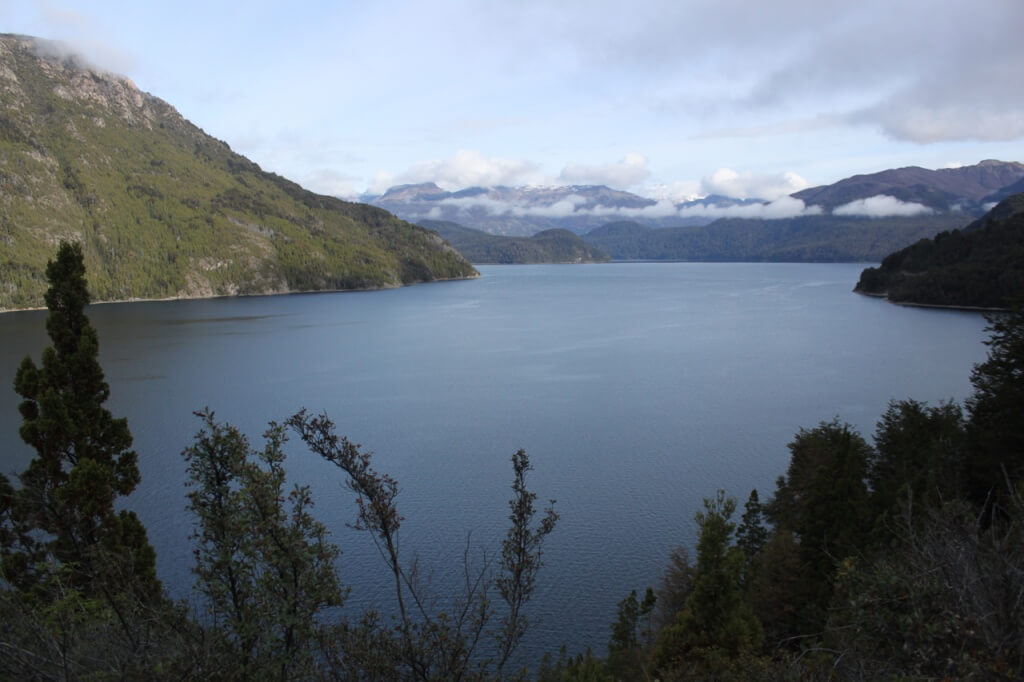
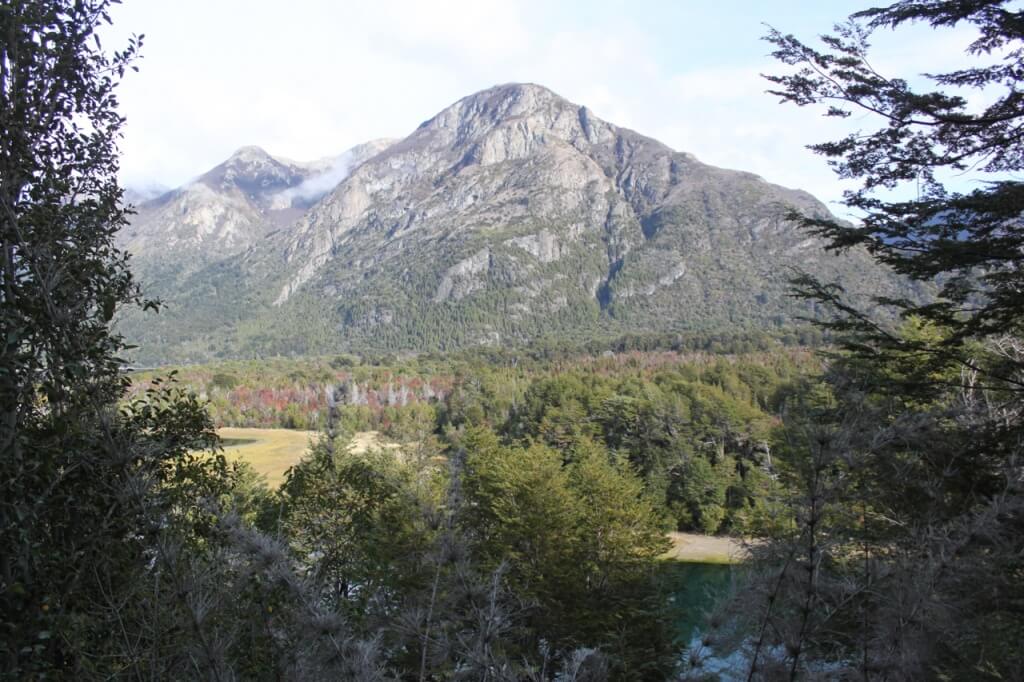




The audio addition to the post is great. Hearing your read the post makes it very personal. I’m sure your family back home appreciates it even more.
Your other posts have been great to read too. I love that everyone in the family writes. Your blog has been helpful and encouraging for my wife and I as we prepare for a trip of our own, in a Sprinter of our own. We are currently in the process of doing a conversion and found a post of yours on the sprinter forum several months back. I lived in Tangletown as a child, back then it was just part of Wallingford, and now we live in Ballard. It is wonderful to see other Seattleites doing a similar trip.
Our plan is to ship the van to Buenos Aires in August (maybe September) and slowly work our way home after going south to Patagonia.
Hey Todd! We will be back in Seattle at the end of July. We’d be happy to grab a beer or coffee with you guys if you’d like. Good luck with the conversion – it’s fun, but a lot of work.
Hi Nate and family,
Such wonderful musings. I can’t wait to see you and hear more stories. Such an extraordinary time of your life. Missing you at Children’s.
xo Nancy
Ahhhh… Nate, Victoria, Benjamin, Amelia … your blogs make my day (week? more?) since you make it so easy to travel with you. (Although I do get to shower more often!) And such different perspectives from each person that the images you create are multi-layered with details and insights and are so inviting. I always feel like I’ve slowed down a bit and taken time to just breathe and smile as I read your posts. A bit of time not thinking of next year’s budgets, meetings yet to be scheduled, ARTful conversations yet to be had, basement walls that need some attention and how come Friday gets here so slowly while Monday rushes to the head of the line. Thank you. I really enjoyed listening to Slow and Easy Argentina. Travel safe, my friends. I hope you can make sure you find as much time and pleasure in these last weeks as you did in the first ones. Hugs always. K
You got that right, Todd. Loved hearing Nate’s voice!